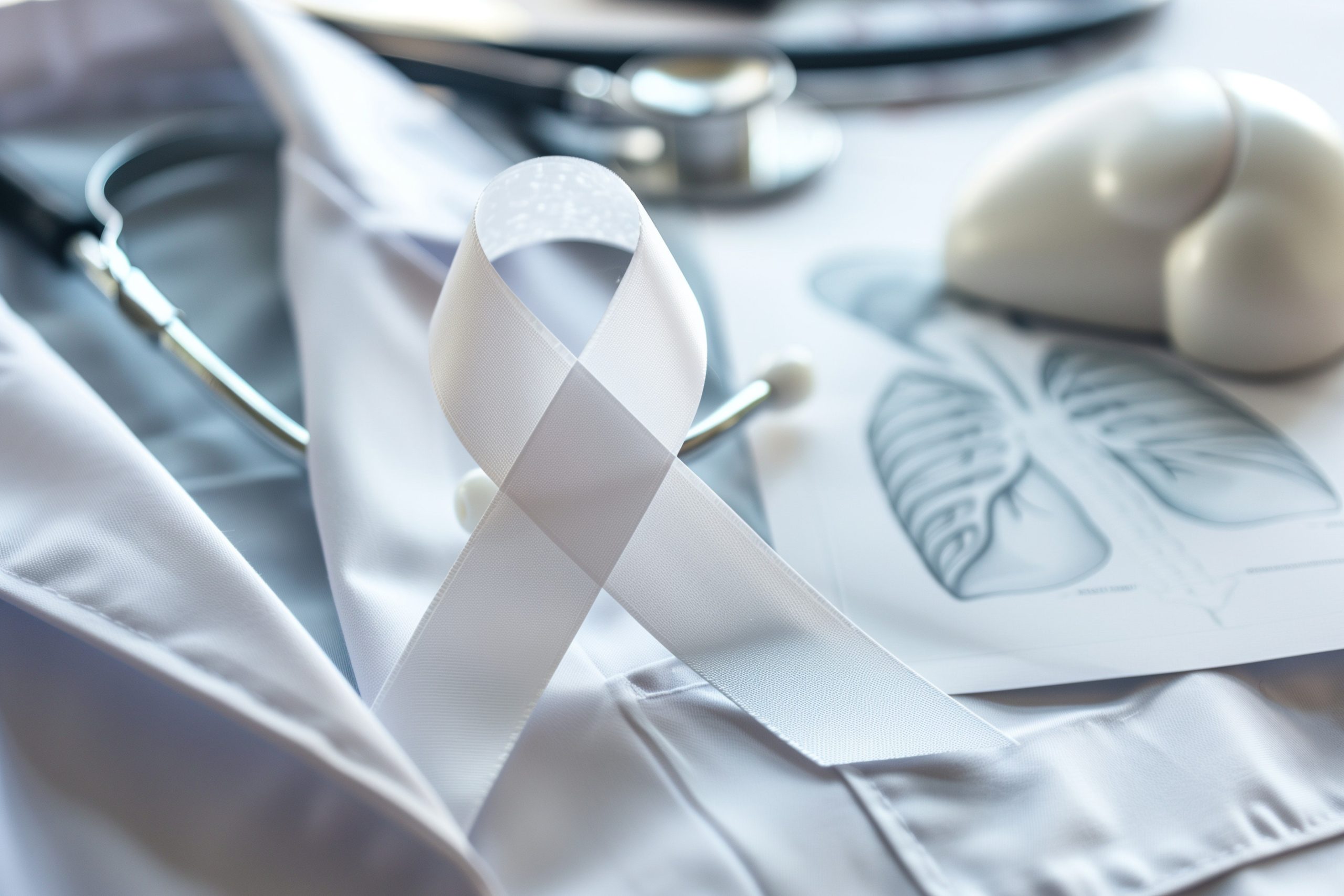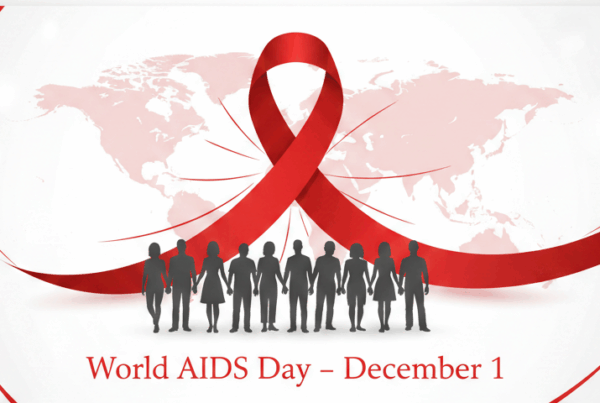November marks World Lung Cancer Month, an important time to raise awareness about lung cancer, its risks, and the need for early detection and prevention. Lung cancer is the leading cause of cancer-related deaths worldwide, and it affects millions of people each year. However, with early intervention and lifestyle changes, the prognosis can significantly improve.
Understanding Lung Cancer
Lung cancer occurs when abnormal cells in the lungs grow uncontrollably, forming tumors. It’s often classified into two main types: non-small cell lung cancer (NSCLC), which is the most common, and small cell lung cancer (SCLC), a more aggressive form. The disease can spread to other parts of the body if not diagnosed and treated early.
Key Risk Factors
The primary risk factor for lung cancer is smoking, accounting for around 85% of all cases. Both active smoking and exposure to secondhand smoke increase the risk. Other risk factors include exposure to radon gas, asbestos, and air pollution. Genetics and family history can also play a role in a person’s likelihood of developing lung cancer, though non-smokers can also be affected.
Prevention and Early Detection
The good news is that lung cancer is preventable in many cases, and early detection can significantly improve outcomes. World Lung Cancer Month serves as a reminder of the importance of taking proactive steps to reduce your risk:
- Quit Smoking: The most important step to lower the risk of lung cancer is to quit smoking. Even those who have been smoking for years can significantly benefit from quitting. It’s never too late to stop.
- Avoid Exposure to Harmful Chemicals: If you work in environments where you’re exposed to toxic chemicals, such as asbestos or radon, take proper precautions. Ensure good ventilation and use protective equipment as necessary.
- Air Quality: Pay attention to air quality, especially in areas with high pollution. Indoor air quality can also be improved by using air purifiers and ensuring adequate ventilation.
- Screening for High-Risk Individuals: Lung cancer screening using low-dose CT scans can help detect the disease early, particularly for those at high risk (e.g., current or former heavy smokers over the age of 50). Speak with a healthcare provider about whether screening is right for you.
Symptoms to Watch For
Lung cancer symptoms often don’t appear until the disease is more advanced. However, it’s crucial to be aware of warning signs that may include:
- Persistent cough
- Shortness of breath
- Chest pain
- Coughing up blood or rust-colored sputum
- Fatigue
- Unexplained weight loss
- Hoarseness or wheezing
If you experience any of these symptoms, it’s important to see a doctor promptly. Early-stage lung cancer may be asymptomatic, but any persistent changes in your health should be investigated.
Treatment and Support
Lung cancer treatment typically involves surgery, chemotherapy, radiation, and/or targeted therapy. The treatment plan will depend on the type of lung cancer, the stage at diagnosis, and the overall health of the patient. In recent years, advancements in immunotherapy and targeted therapies have led to better outcomes for many patients.
Support networks, including cancer support groups and counseling, play a key role in helping patients and their families navigate the emotional and physical challenges of the disease. During World Lung Cancer Month, many organizations promote resources for emotional support, research funding, and education.
Moving Forward
Lung cancer awareness and education are essential in combating this deadly disease. While progress in research and treatment is ongoing, prevention remains the most effective strategy. By quitting smoking, reducing environmental risks, and staying vigilant about health changes, we can make strides in reducing lung cancer’s impact worldwide.
Let’s use World Lung Cancer Month as an opportunity to educate ourselves, advocate for better prevention policies, and support those affected by lung cancer. The more we know, the more lives we can save.



